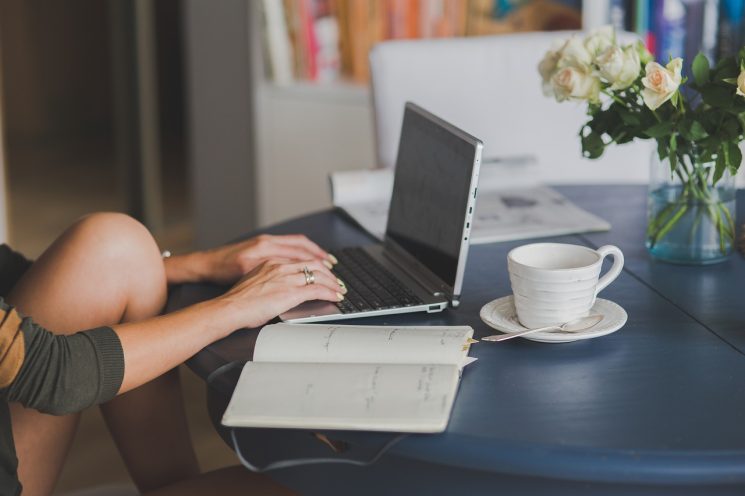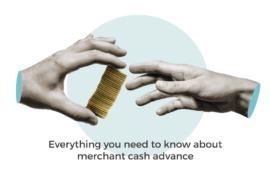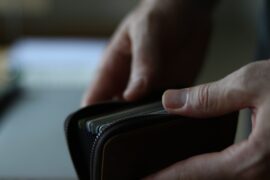According to 2021 data, there are 5.6 million private sector businesses in the UK – and 56% of them are self-employed. Sole proprietorship is a booming business, and an increasingly popular way for people to regain control of their careers in recent years. As a freelancer, in the UK government’s eyes you are a ‘sole trader’, and as such subject to certain regulations and responsibilities, some of which require engagement with your financial situation – including paying your own taxes. These are three key ways for you to manage your financial situation as a freelancer.
Create a Budget
The first essential tip is to draw up budgets. This is crucial not only for your business’ success but for your personal livelihood outside of work – you may want to create two separate budgets for your business and your personal expenditure, or you might want to roll them up into one central budget spreadsheet. Either way, it’s important for you to know exactly what’s coming in from your work, down to the penny, and to be able to track it accurately month on month. Plug your business overheads into an outgoings column, and you can track your net profits as your business grows. Keep track of every expenditure, scanning in receipts and linking them in where possible – this will help you when you come to deal with taxes later.
As for the personal side, you need to ensure your takings from your business cover your living costs. Find an accurate figure for your monthly expenditure by tracking bills, rent and food bills, and create an average cost of living. You want to be making at least twice this amount after tax – more on this later.
Have Separate Accounts
Keeping your money segregated is key to keeping track of your finances; as a sole trader, your business’ financial situation is legally inseparable from your personal financial situation, meaning you’re liable for your own losses and your personal assets could well be at stake. By keeping separate accounts, you can make it easier for yourself to track spending either way, and minimise the risk of running down the wrong funds. Consider using a dedicated pre-paid card for business expenses, or setting up a savings account to separate any profits from your current account.
Get to Grips with Your Taxes
The last, and perhaps most important piece, of your freelance financial puzzle is understanding your tax liability. As a sole trader, you are responsible for calculating and declaring your own tax year on year. This is done via something called a Self-Assessment tax return, which requires your personal situation and your business’ financial data from the previous tax year.
All of your business’ profits under a sole proprietorship are subject to income tax – which is applied in bands. The first £12,570 in annual income you make is tax-free, while any income after and up to £50,270 is taxed at 20%. However, you can claim business expenditures from that same tax year, the value of which is deducted from your pre-tax income.





